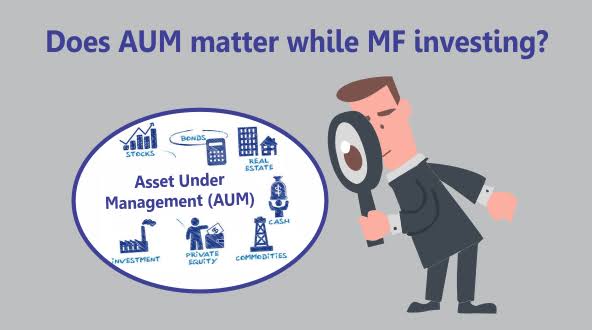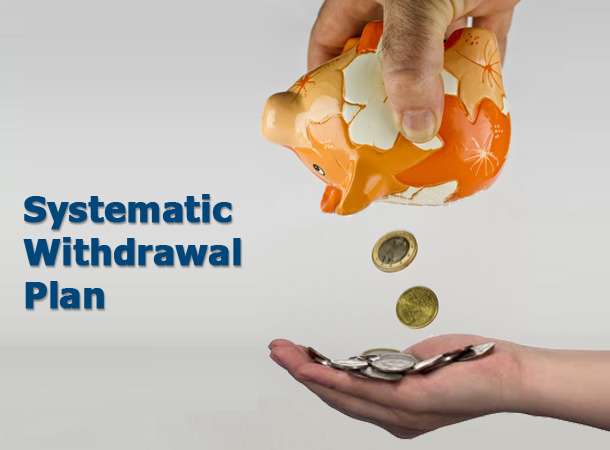
WHEN IS THE RIGHT TIME TO START AN SIP?
Updated on 17-02-2020
Investment is the best way to grow your money and to fulfill your future needs. As savings are never enough and money never grows when just kept in your bank accounts and pockets. There are many investment plans available in market but Systematic Investment Plan (SIP) with mutual funds is the one which is now a day’s considered best among all the investment plans.
UNDERSTAND SIP:
Systematic Investment Plan (SIP) is a mode of investment with mutual funds which is a long term investment plan generally with the tenure of 10 to 15 years, where one can invest their money periodically which can be monthly or quarterly. Generally when we invest anywhere, there is a risk factor involved in it which depends on the market. But here with SIP there is no such risk factor. Whatever is the market, where there is a sudden up or down you will get a particular amount at the end of the tenure which you were expected to receive against your monthly or quarterly payments.
There are two principle of investing in SIP:
1. Start early
2. Invest regularly
ADVANTAGES OF INVESTING IN SIP:
Flexibility of investment amount
One of the main benefits of the SIPs is it provide flexibility in choosing the amount you want to invest. There is no compulsion that you need to invest a big amount, you can even start SIP with a minimum of Rs. 500 monthly and you can choose your frequency on daily, weekly, fortnightly or monthly basis.
SIP enables Rupee Cost Averaging
SIPs allow you to invest in the ups and downs of the market. However the amount invested in SIP is fixed with the help of rupee cost averaging the investors can buy more units when market share price is low and lesser units when market share price is high.SIP has Power of Compounding
SIPs allow investing small amounts systematically over long periods of time can accumulate a sizeable corpus for investors through the power of compounding.
Illustration
Suppose you invest Rs. 5000 per month in the SIP till the age of 60 years which provides a return of 12%.
.png)
From the above graph we can see that
A person who starts his investment at the age to 25 and continues till age of 60 by investing 5000 every month (i.e. 21,00,000) he gets a return of Rs. 3,24,76,345 at the end.
Another person who starts his investment at the age to 27 and continues till age of 60 by investing same amount of 5000 every month (i.e. 19,80,000) gets a return i.e. Rs. 2,54,69,990 at the end.
Similarly another person who starts his investment at the age to 30 and continues till age of 60 by investing same amount of 5000every month (i.e. 18,00,000) gets a return Rs. 1,76,49,569 at the end.
So from this we can conclude the power of compounding as how investing same amount for a longer term can bring difference in returns. As starting at the early age of 25 will give higher returns as compared to the age 27 and age 30.And that the reason why it’s called 8th Wonder of the World.
From the above illustration you can see that DELAY IN STARTING A SIP can cause a huge loss in the amount of return as the person who started the SIP at the age of 25 gets a return of Rs. 3,24,76,345 whereas the other person who started his SIP at the age of 27 just 2 years later than the previous person gets a return of Rs.2,54,69,990 causing a difference of Rs.70,06,355 which is big disadvantage.
Flexibility of tenure
SIPs also provide flexibility to choose the tenure according to their own requirement and suitability where they can stop and increase or decrease the SIP amount any time. There are no penalties for missed SIP payments.
Best for Financial Goal Planning
Everyone has some financial goal whether it is to purchase a home or to give best education to their children, to have a retirement home or it be the child’s marriage. All these dreams needs huge amount of money which can be fulfilled easily with the help of SIP.
ARE SIP RETURNS TAXABLE?
Your SIP return is taxable or not, it totally depends on the type of mutual fund and scheme in which you invest and when you redeem your investment. Generally returns from the equity mutual funds are non-taxable when redeemed after one year of the investment. If in case one redeems before one year then in that case one needs to pay 15% on the profit itself.
IS SIP ELIGIBLE FOR TAX SAVING?
Yes! If you invest in tax saving ELSS mutual fund for SIP, then you are eligible to save your taxes. Tax deduction can be claimed on this under the section 80C which can be up to 1.5 lakhs.
HOW TO SELECT MUTUAL FUND SCHEMES FOR SIP?
Although SIP is best but you need to choose a mutual fund scheme which is best suited for you to start a SIP. One needs to check certain parameters such as such the expected returns, risk, average Assets under Management and some more. Ignoring these qualitative parameters and be harmful to you. You can take help of GIIS Financial Professionals and can rely on us for best mutual fund scheme which is best suited for you.
You can use GIIS Financial tools or Our Android App for Investment, tracking and Asset allocation planning.
*Mutual Fund Investments are subject to market risk, read all scheme related documents carefully.
Share On















0
Comment